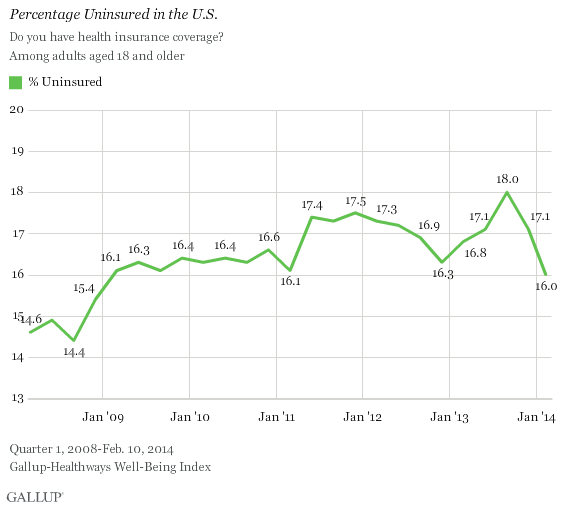The Affordable Care Act established several programs to promote the formation of Accountable Care Organizations. These ACOs are a relatively new way of organizing healthcare delivery, in which healthcare providers join together – perhaps across physician groups and hospitals – to care for a population of patients, and are then held accountable both for the cost and quality of the care they deliver to those patients. This accountability cuts both ways – if they spend too much money on such patients and provide low quality of care, they might face financial repercussions, but if they offer high quality at a lower than expected cost, they might be rewarded with part of those cost savings.
A recent study gives us a glimpse of where the ACOs are forming in the United States. You will see they are not being formed everywhere, but instead are heavily concentrated in the southern and eastern United States:
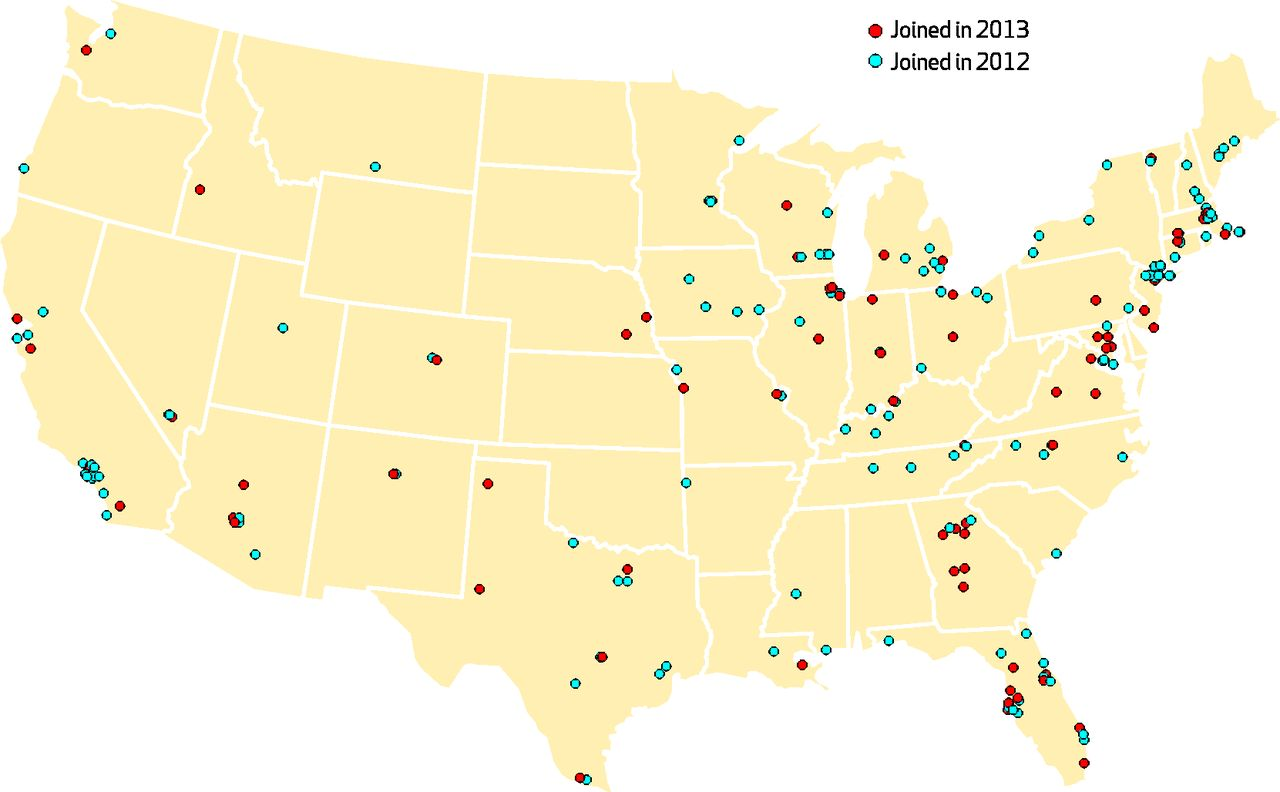
The study also shows that these organizations are disproportionately made up of large, nonprofit healthcare systems, but not ones classified as public hospitals.
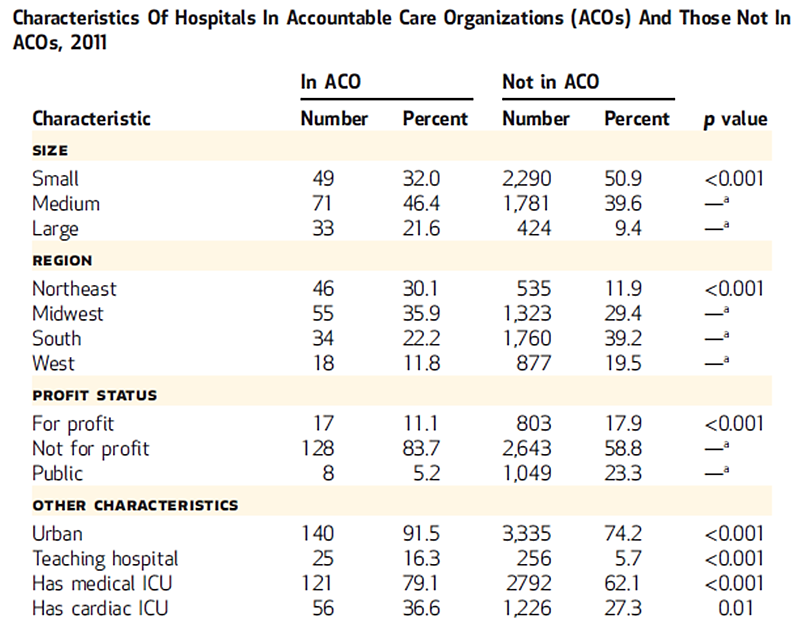
This is just a snapshot of what’s happening right now, which I thought I would pass along for those of you policy geeks interested in some of these rich details. Now we get to find out whether these organizations can thrive, and whether they will truly prove to be a win-win idea – lowering healthcare costs while maintaining or improving healthcare quality.
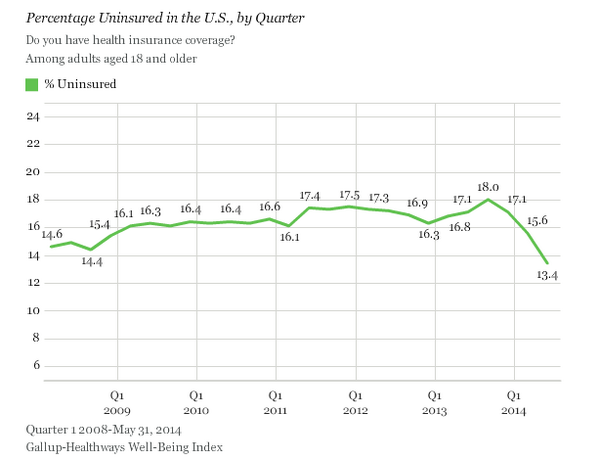



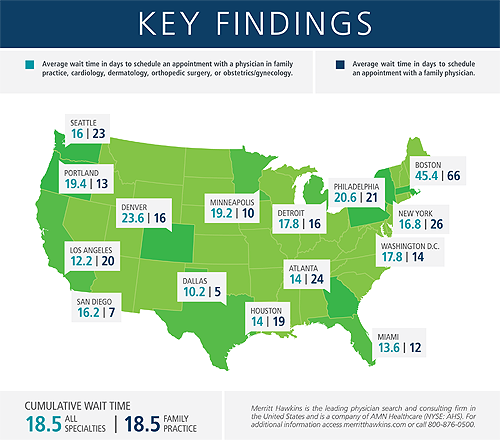
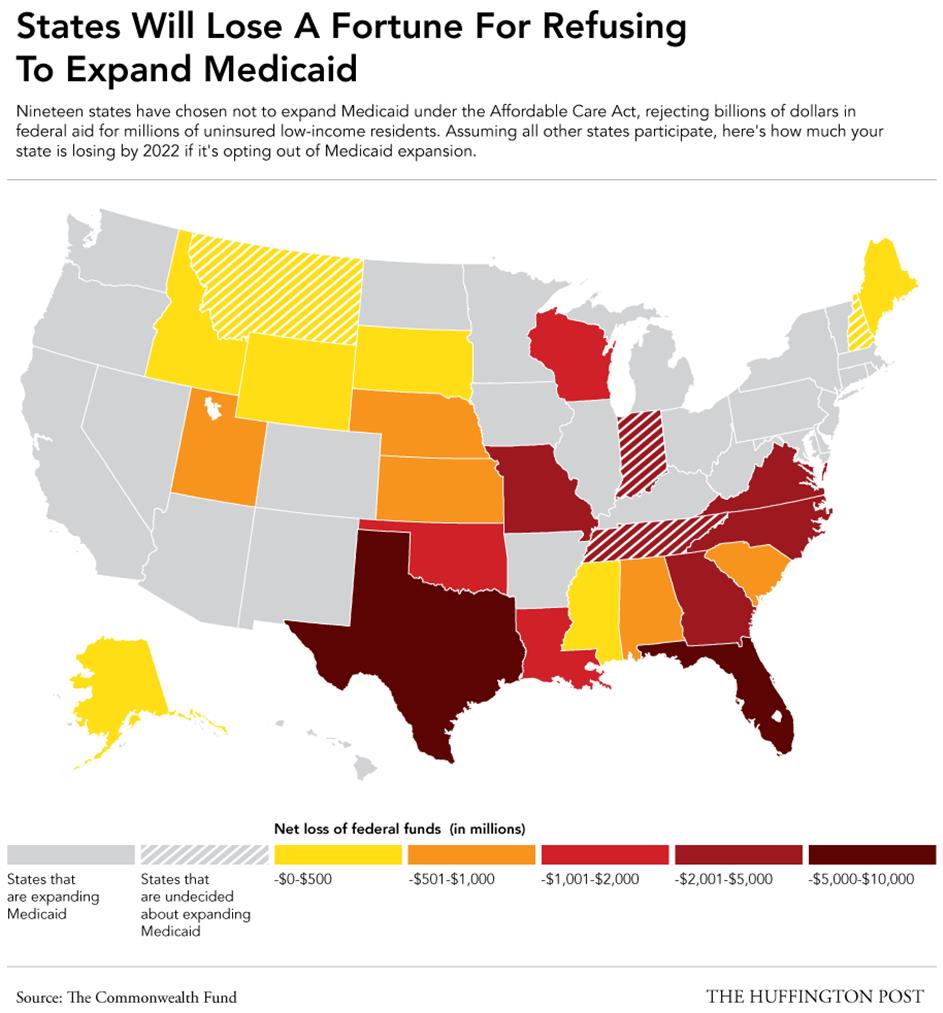 Not a small change, by any measure. Shows how much it means to some folks to prove their anti-ACA bonafides. What is too often lost, in this political maneuvering, are the millions of people who will not have access to health insurance coverage. Very sad.
Not a small change, by any measure. Shows how much it means to some folks to prove their anti-ACA bonafides. What is too often lost, in this political maneuvering, are the millions of people who will not have access to health insurance coverage. Very sad.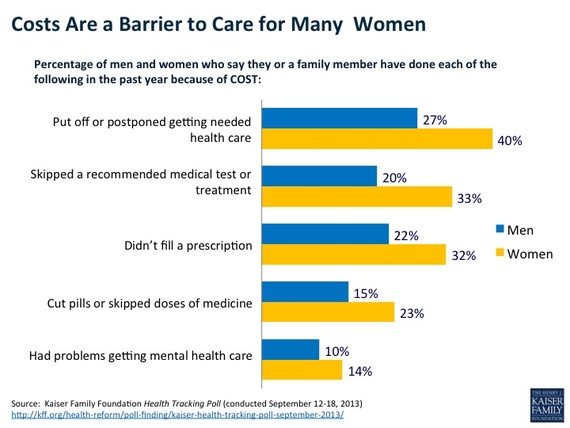
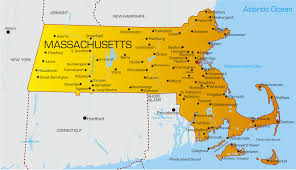 It is always important to remember that healthcare and health insurance are two very different things, and neither of them is a guarantee of good health. Therefore, when people talk about Obamacare providing people with medical care, we have to remember that it primarily provides people with health care insurance. And as I have
It is always important to remember that healthcare and health insurance are two very different things, and neither of them is a guarantee of good health. Therefore, when people talk about Obamacare providing people with medical care, we have to remember that it primarily provides people with health care insurance. And as I have 